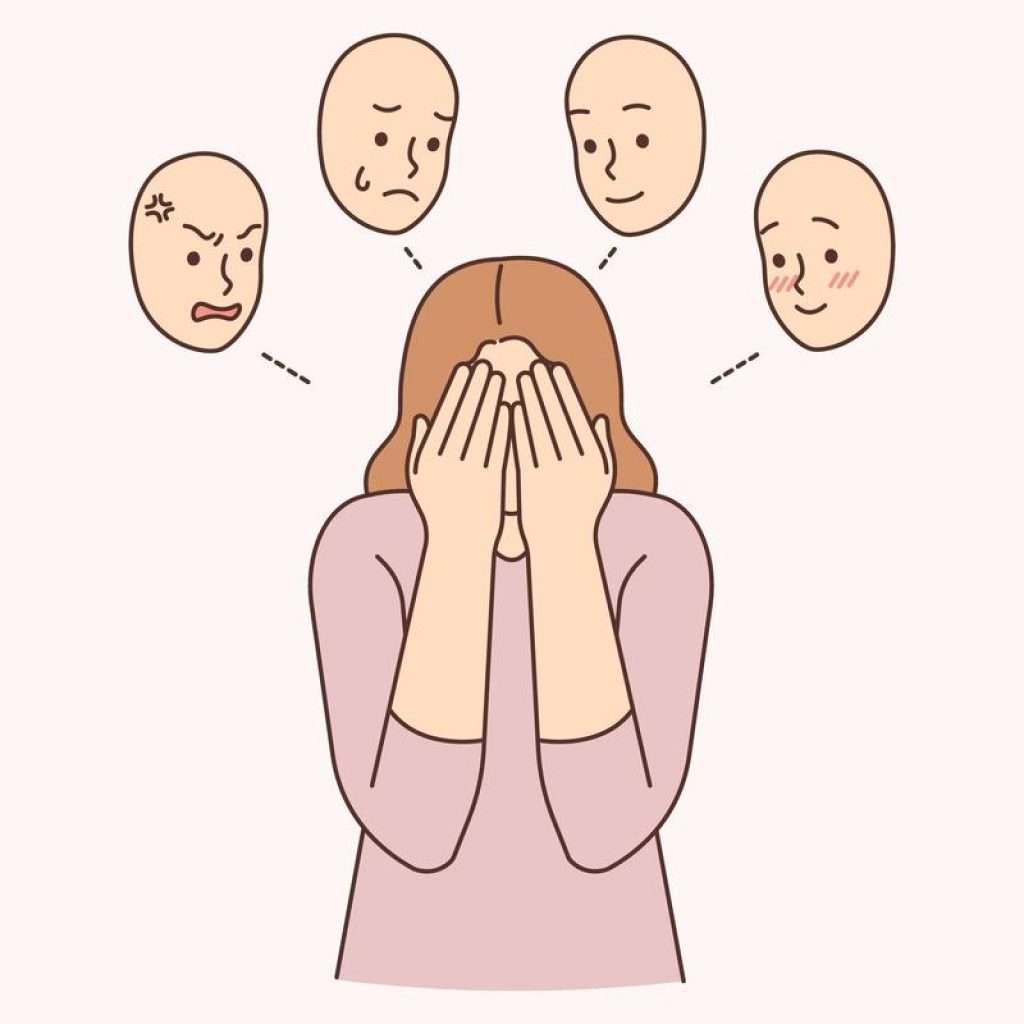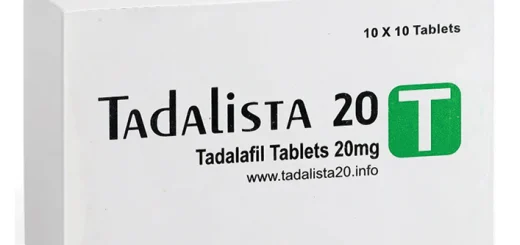Mood Disorder and Omega-3 Fatty Acids

Omega-3 fatty acids are used to treat postpartum depression or Mood disorder. Omega-3 fatty acids are used to optimize Mental Health Treatment, including schizophrenia, obsessive-compulsive disorder, attention deficit hyperactivity disorder, and more.
Omega-3 Fatty Acids: What are they?
Consuming these fats on a regular basis is beneficial to cardiovascular health. Omega-3 fatty acids are useful for reducing triglyceride levels. DHA and EPA, both of which are present in seafood, are more specific than ALA, which is found in plants. Omega-3 fatty acids can be obtained from eating fatty fish, flaxseeds, and chia seeds. Polyunsaturated fats like omega-3 fatty acids have a wide variety of roles in the body. Unfortunately, your body is unable to produce omega-3 fatty acids, which are essential to your existence. Food sources are the primary means of obtaining omega-3 fatty acids.
Lipoic Acids:
Saturated fat and unsaturated fat are the two most common kinds of lipids. Polyunsaturated fats and monounsaturated fats are subcategories of unsaturated fats. The three elements of carbon, oxygen, and hydrogen make up fatty acids. Chain-like molecules best describe fatty acids. Carbon atoms form the backbone, and oxygen and hydrogen atoms latch to available slots. Saturated fats have no more open slots, so it does not get changed further. In monounsaturated fat, it has one slot open. In polyunsaturated fat, it has more than one slot open. Saturated fats are bad for health as they cause heart attack or stroke. When it comes to your heart, unsaturated fats are the way to go.
The function of omega-3 fatty acids:
Omega-3 fatty acids help cells in your body to function. They aid in cellular structure and interaction. You need them in your cell membranes. Your eyes and brain contain a disproportionate amount of omega-3 fatty acids. They’re vital for maintaining energy and a wide range of bodily functions.
Omega-3 fatty acid varieties:
- EPA (eicosapentaenoic acid): Found in fish
- DHA (docosahexaenoic acid): Found in fish
- ALA (alpha-linolenic acid): Found in plants
Mood Disorder: Symptoms and causes
Mood disorder is a mental health condition when you suffer from different disorders. Anyone can have mood disorders, but the symptoms of mood disorders are not the same for adults as that of children and teens. Mood disorders can be treated using antidepressants, support, and self-care.
There are many different types of mood disorders, the most common of which are:
- Major depressive disorder
- Dysthymia/ Persistent depressive disorder
- Mania/Depression
- Mood disorder caused by another medical issue
- Mood disorders brought on by substance abuse
Mood disorder causes:
Mood disorders have numerous causes. Change in the level of brain chemicals causes mood disorders. Depression is also caused by stress in life and, therefore, mood changes. Mood disorders can be passed down across generations if even one parent suffers.
Consult your healthcare provider to discuss the possibility of Purchasing ARMODAVINIL 200MG
Symptoms of mood disorders:
The symptoms may change depending on age and type of mood disorder. Mood disorders typically display the following symptoms:
- Sad mood
- Devoid of optimism
- Lack of confidence
- A sense of futility
- Extreme remorse
- Persistent suicidal ideation
- Indifference to previously enjoyed pursuits
- Problems falling asleep
- Appetite swings
- Lowered vitality levels
You should see a doctor if any of the aforementioned emotions ever arise and cause significant distress in your life. Immediately call help if suicidal thoughts come to your mind. Mood disorders share symptoms with a wide range of different mental health issues. Consult a medical professional for a mental health diagnosis.
Mood Disorder Vs Personality Disorder
Mood disorder vs. personality disorder is a topic of concern. However, the difference between mental health conditions is hard to tell. Talking to your doctor is the greatest way to get a grasp on the situation. However, breaking the difference between mood and personality disorder may help. The primary distinction between personality disorder and mood disorder is the symptom pattern. Mood swings are a common symptom of personality disorders.

The connection between omega-3 fatty acids and mood disorders:
The link between omega-3 polyunsaturated fatty acids and depression has been explained in many neurophysiological ways. Studies examining the effects of omega-3 fatty acids on mental health have focused on depression and bipolar disorder. Brain health is only one of the many bodily processes that omega-3 fatty acids help keep in good working order. Docosahexaenoic acid (DHA), eicosapentaenoic acid (EPA), and alpha-linolenic acid (ALA) are the three main forms of omega-3 fatty acids.
While there is not yet definitive evidence linking omega-3 fatty acids and mood disorders, preliminary research suggests they may have a favorable effect on the following conditions:
Compared to people who don’t suffer from depression, those who do may have decreased blood levels of the omega-3 fatty acids EPA and DHA. Research into omega-3 supplementation as an additional therapy for depression has been conducted. Some research has suggested that when omega-3 supplements are used in addition to traditional antidepressant medicines or psychotherapy, mild improvements in depressive symptoms can be seen.
The possible advantages of omega-3 fatty acids in bipolar disorder have also been studied. The severity of depressive and manic episodes in people with bipolar disorder may be mitigated by taking omega-3 supplements, especially those high in EPA. More study is required to demonstrate a causal relationship and to ascertain an effective dosage and duration of treatment.
Omega-3 fatty acids may have an effect on mood disorders, although the particular mechanisms by which this occurs are not well understood. Some theories imply that omega-3s may have mood-stabilizing effects by lowering brain inflammation, influencing neurotransmitter activity, and improving brain health in general.
Even while omega-3 fatty acids have been shown to have some positive effects in the treatment of mood disorders, they should not be considered a replacement for antidepressant prescriptions or therapy. It is critical for someone experiencing signs of a mood disorder to get help from a medical expert for diagnosis and treatment.
If you are pregnant, nursing, taking any drugs, or have any other health issues, you should talk to your doctor before starting any kind of supplement regimen, including omega-3. In addition to taking a supplement, a healthy diet rich in fatty fish (salmon, mackerel, sardines), flaxseeds, chia seeds, and walnuts is the best way to get your recommended daily allowance of omega-3 fatty acids.
Omega-3 Fatty Acid Structure:
Substance-Induced Mood Disorder:
Substance-induced mood disorder is a disorder that is due to the use of alcohol, drugs, or medicines. The other name for substance-induced mood disorder is alcohol or drug-induced depression. Substance-induced mood disorder happens when drugs that are used to feel better make you feel worse at the same time. People don’t get that alcohol, drugs, or medicines are causing the way they are feeling. Several types of mental illness are linked to substance misuse.
- Substance-induced bipolar disorder
- Substance-induced anxiety disorder
- Substance-induced obsessive-compulsive disorder
- Substance-induced psychotic disorder
- Substance-induced depressive disorder
When a doctor diagnoses you with substance-induced depressive disorder, he ensures that depression was not before using alcohol, drugs, or medicines. This is because depression comes in a wide variety of ways. If the symptoms seen were before the use of a substance, then it is not a substance-induced type of depression.
Signs of substance-induced mood disorder are the same as that of depression, anxiety, bipolar disorder, etc. Substance-related depression illness presents with the following symptoms:
- Dismal Mood
- Disinterest in previously enjoyed pursuits
- Feelings of hopelessness
- Irritation
- Fatigue
- Suicidal thoughts
Diagnosis of substance-induced mood disorder:
For the diagnosis, people must show mood disturbances after substance use or withdrawal. As a result, the presence of symptoms reduces a person’s overall effectiveness. For diagnosis of substance-induced depressive disorder, there have to be symptoms that are not due to substance use.
Treatment of substance-induced mood disorder:
It involves stopping substance use or medicine use that causes the problem. Medicines might be prescribed by a doctor to assist in lessening drug cravings. Your doctor may also help reduce your symptoms by prescribing antidepressants and antipsychotics. Psychotherapy is also a method to treat symptoms of mood disorders. Psychotherapy includes CBT, MET, or family therapy.
Conclusion:
From the above article, we conclude that omega-3 fatty acids are healthy fats that provide energy and structure to the body’s system. Mood disorders can be helped by taking omega-3 fatty acids. Omega-3 fatty acids are used in postpartum depression, bipolar disorder, etc.
[WPSM_AC id=4477]








